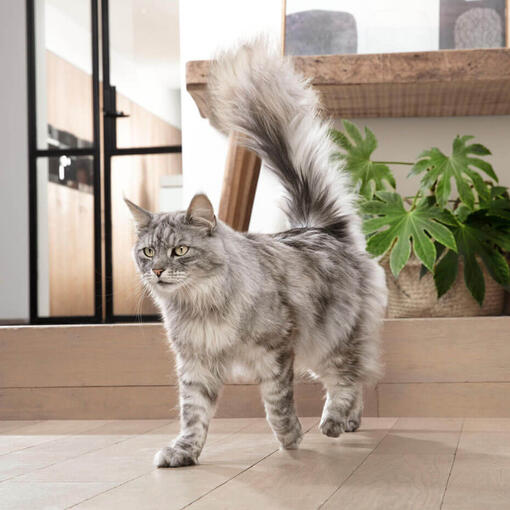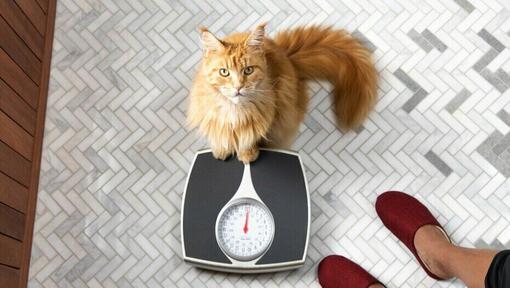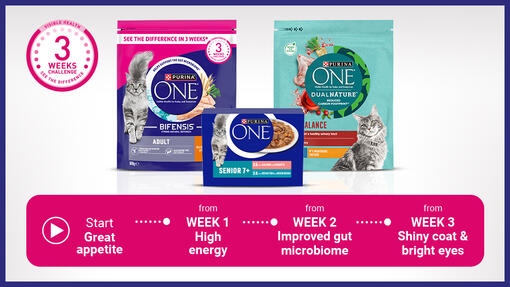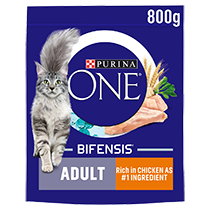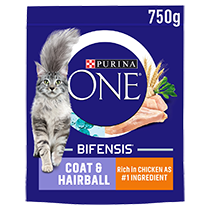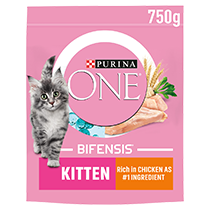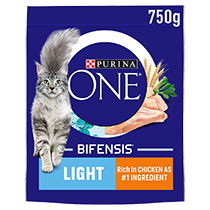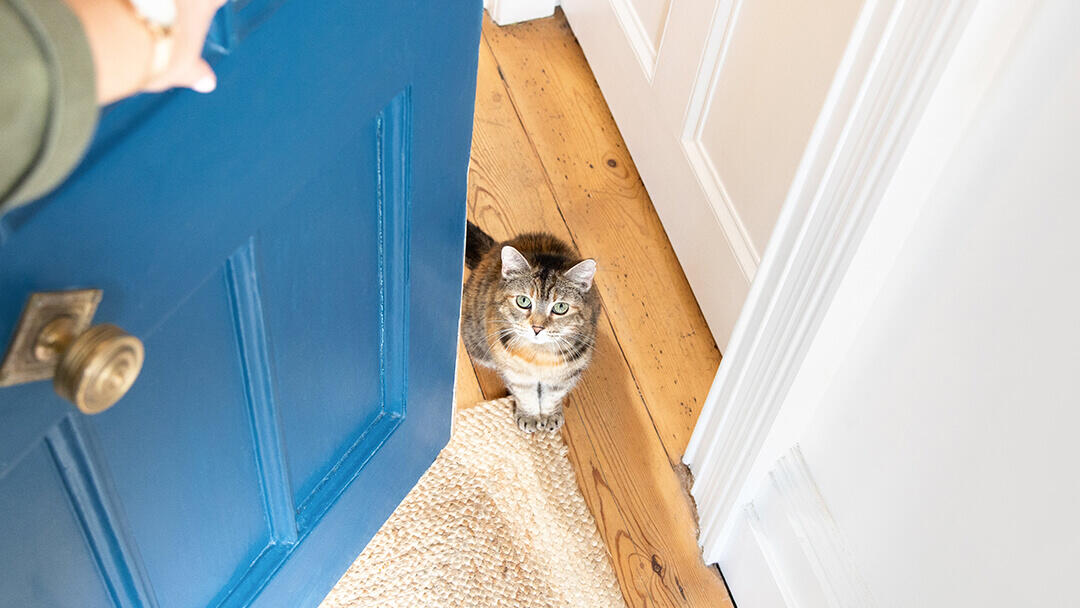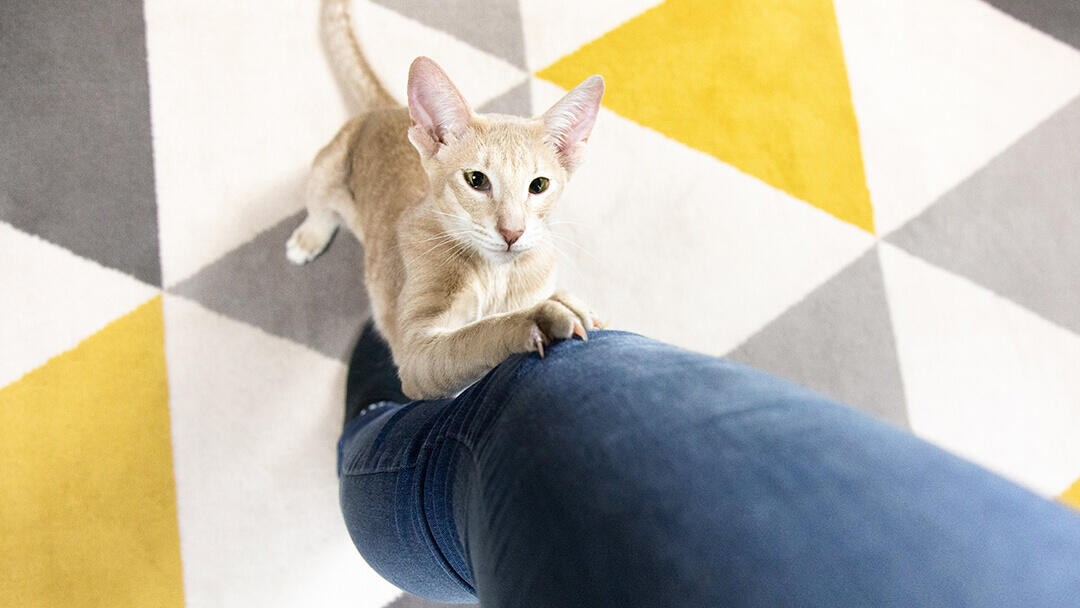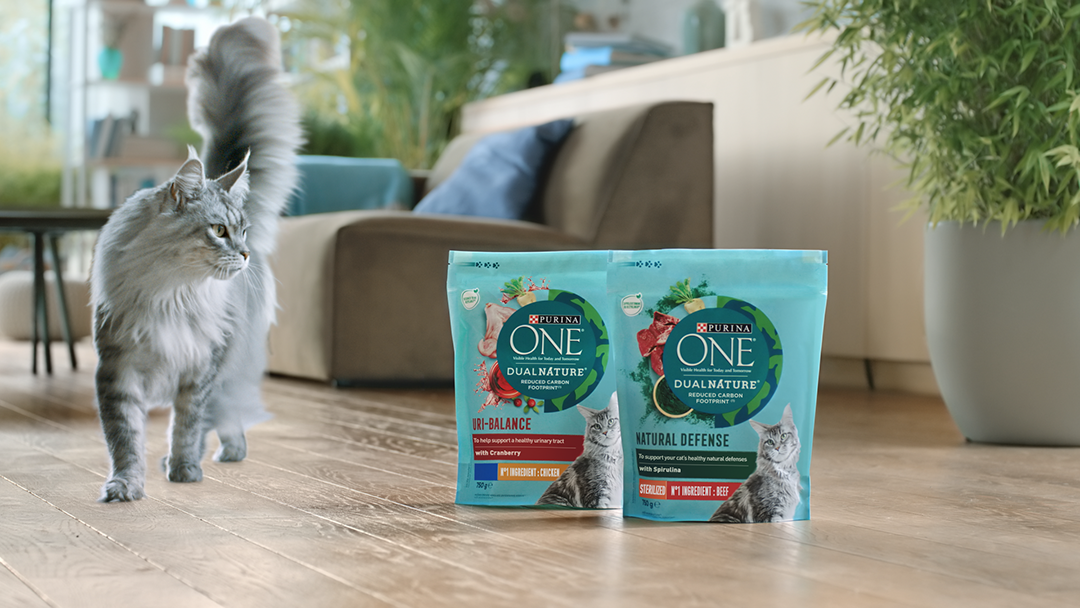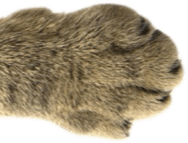Cat Gut Health: 8 Tips to Improve & Restore Your Cat’s Microbiome


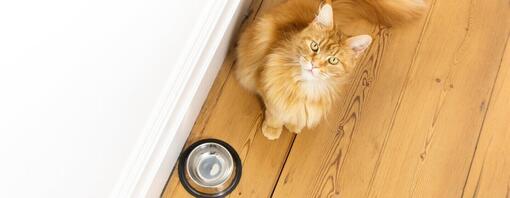
From digestion to immunity, your cat’s gut health plays a major role in their overall health and happiness. Below are 8 simple and effective tips to help you care for the health of your cat’s intestine.
What exactly is the gut microbiome?
As part of the digestive system, the gut microbiome is a dynamic ecosystem that contains a collection of microscopic microorganisms which live inside your cat’s body, along with their genes and metabolites. They can be bacteria, viruses, fungi, or protozoa and they play an essential role in the health of your cat.
When does a cat’s microbiome develop?
Cats, as well as other pets, are not born with a microbiome but will start developing one immediately after being born and the microbiome of each cat will be unique to them. As they go through life, playing and making the most of it, they will also build and change their microbiome depending on all the things they come into contact with, like their environment, their food, and even the people around them.
Why is it important to support gut health in cats?
Good cat gut health can help maximise nutrient absorption and promotes good quality stools. There are also many other benefits that come from having a healthy gut including increased support of the immune system, which can help to minimise the likelihood of diseases.
Having a healthy gut microbiome is important for digestive health. The cells which line the large intestine absorb the majority of their energy from the nutrients that are created by the microbiome as they break down food materials.
Common causes of cat gut health problems
There are a number of things that can disrupt the cat microbiome, including:
- Dietary changes
- Antibiotics, or other medication
- Stress
- Infectious agents, such as bacteria picked up from other animals, or from when they are outdoors
If your cat suffers from an unbalanced microbiome then this may result in the following:
- Excessive inflammation
- Wind / flatulence
- Diarrhoea or constipation
- A weakened immune system
It is crucial to understand that cat’s gut health is affected by its surrounding, which can also affect stress levels, and may lead to illness. That is why it is important to have an understanding of the way in which your cat’s microbiome works, so as to help them maintain a healthy gut balance.
Why is my cat sick when there’s a microbiome imbalance?
Your cat is a master of balance but to help keep their gut microbiome balanced, they might need a little bit of your help. Having a balanced gut microbiome helps ensure that your cat has good digestion, and helps support a healthy immune system. Plus, according to research, a balanced cat microbiome might even boost serotonin , making your furry friend feel great.
In a healthy cat, the ‘good’ and ‘bad’ cat gut bacteria will coexist together and balance each other out. If that balance is disrupted, the ‘bad’ bacteria can cause adverse effects including potential infections or increased vulnerability to infection, diarrhoea or constipation, and even skin issues.
To help prevent this, it’s important to be aware of the triggers so here are some of the things that can cause a microbiome imbalance in your cat’s gut:
- Sudden change in diet
- Stress
- Unbalanced diet
- Antibiotics
- Underlying gut problems
By supporting your cat’s digestive system and microbiome, you’re also helping to support their immunity. It’s been found that 70% of a cat’s immune cells are located inside their digestive system so a properly functioning gut microbiome is essential for the good health of your kitty.
1. A balanced diet
An appropriate well-balanced diet for your cat’s metabolism is a great way to improve your cats’ gut health. Your cat’s diet is key in keeping them healthy.
Therefore, choosing a diet adapted to your cat’s needs is a key factor: choosing a cat food specially formulated to help support your cat’s natural defences can help. Consumption of heat-treated lactobacilli has been proven to help support natural antibody production in your cat’s intestinal tract, while omega-6 fatty acids, and other selected nutrients, help support healthy skin and a radiant coat.
It’s important to make sure that their food contains all the right ingredients with the necessary nutrients to support the microbiome. Generally, their diet should be high in protein and should contain fibres, prebiotics, whole grains, and also high-quality animal proteins which help with digestibility.
On the contrary, an unbalanced diet can be harmful to your cat’s gut health. Avoid all food that could be toxic (such as garlic, chocolate or avocado), pose a risk to health (e.g. raw meat), or food that could lead to weight gain (e.g. high fat human foods).
2. Prebiotics
Prebiotics are soluble dietary fibres used to promote the growth of healthy cat gut bacteria. Despite some foods containing these ingredients naturally, there are many cat parents that supplement their cat’s diets with prebiotics. However, if you decide to introduce extra prebiotics into your cat’s diet, do so slowly, and gradually.
3. Avoid antibiotics where possible
It's best to try and use antibiotics only when necessary. While they are essential when trying to treat an infection, antibiotics can also kill both the harmful and beneficial bacteria in your cat’s intestinal tract, disrupting the gut microbiome and potentially leading to diarrhoea. If absolutely necessary to use them, make sure you also provide a probiotic alongside to help support the gut microbiome.
4. Grooming
Our cats love being pampered!! Make the most of it and groom them regularly: not only will you love hearing them purr, but by grooming them you will also help prevent them from ingesting large quantities of hair, which can cause constipation and affect your cat’s gut health.
5. Good oral hygiene
Maintaining good oral hygiene is also extremely important for a healthy immune system. When this is neglected, the harmful bacteria can multiply in the cat’s mouth and move into the bloodstream where they can have negative health impacts on multiple organs in a cat’s body.
6. On your marks…Ready? Play!
Exercising holds many benefits: not only does it stimulate your cat’s intestine, which is useful for regular bowel movements, but it also helps you to keep your cat‘s weight and stress levels under control.
Provide exercise and mental stimulation to keep your cat active. Keeping your cat entertained will boost their mood and minimise stress which has the potential to influence your cat’s gut microbiome. Offer them new toys to play with, teach them tricks, or go on walks together so that they can experience their surroundings and avoid getting bored.
20 minutes of exercise daily, split into that cats play in short sharp bursts – often of a couple of minutes, will boost your pet’s energy level and strengthen your relationship.
7. Take it easy
She who goes slowly, goes healthily: cats are particularly sensitive to diet changes and modifications. Should you change your pet’s food it is recommended to proceed step by step.
A gradual transition over at least 7 days will allow your cats intestine to get used to the new diet and minimise the impact on your cat’s gut health.
Below is a simple guide to help you introduce a new diet into your cat’s old diet.
8. Encourage your cat to drink more water
Our felines, particularly those fed exclusively dry foods, may benefit from additional fluid intake: originating from the desert, they have kept this habit. The lack of sufficient water intake can lead to health risks that impact your cat’s gut health.
To encourage your cat to drink more regularly place some water bowls in various locations in your home, but remember to keep the water away from your pet’s litter box. The water must be fresh and changed daily. Some cats prefer running water and will love drinking from a running tap or a water fountain.
And remember to keep an eye on your pet’s stools, coat and behaviour. Cats do not express discomfort and pain the way we humans do, and they tend to hide when they don’t feel well. Pay attention to any subtle changes in their routine and don’t hesitate to visit your vet whenever you are in doubt about the well-being of your pet.
In a nutshell to improve your cat’s gut health: a well-balanced and highly digestible diet, regular grooming, playtime and exercise, a gradual transition if you introduce a new diet, and sufficient water.
If you have any concerns or if your cat is showing any symptoms that might be worrying, it’s best to contact your trusted vet and book an appointment. They’ll be able to offer advice and treatment to get your feline friend back to their usual, healthy self.
Now that you know all about cat’s gut health and how your cat’s microbiome works, it’s easier to support their digestive health and make sure they have the best quality of life possible. All that’s left to do is enjoy your time together to the fullest. Want to know more about cats digestion, why not take a look at our article about how to support your cats digestion, next? Don’t forget to check out the Purina One range of cat food specially formulated for a balanced microbiome.
You could see a visible difference in just 3 weeks*
Keep your cat healthy by feeding her with PURINA ONE or get your money back.
*PURINA ONE 3 Weeks Challenge - Internal technical support dossier, R&D note written July 2016, revised 2021.

More articles by Purina One



